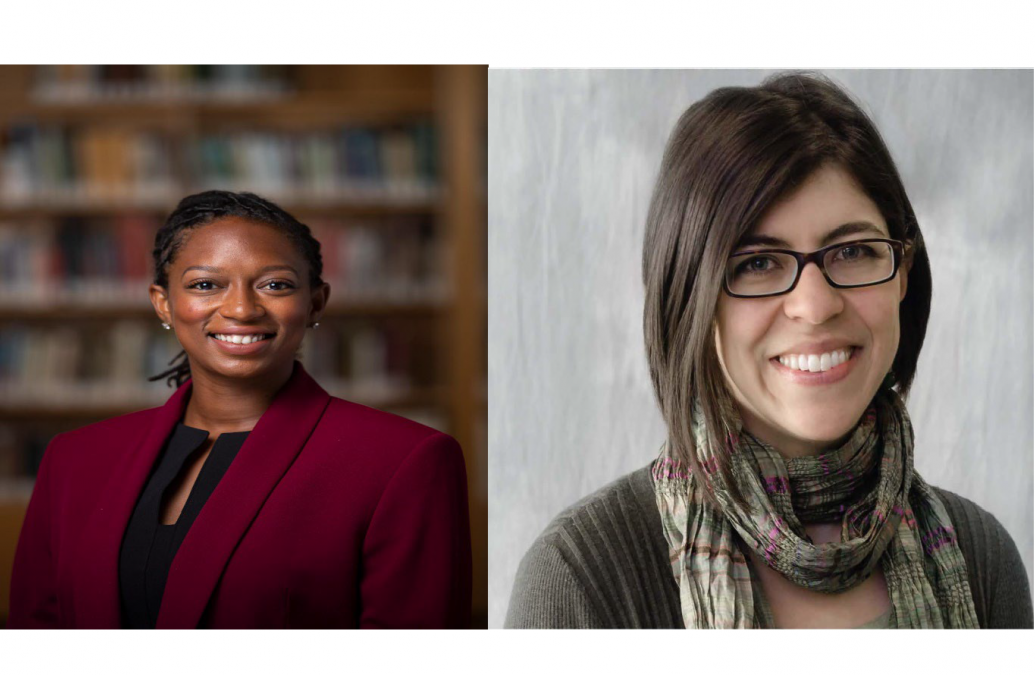Engaged Faculty Spotlight: Teaching Community-Engaged Research

Dr. Crystal A Thomas, Director of Graduate Affairs of Education, Lecturer in Education and Dr. Alison Tovar, Associate Professor of Behavioral and Social Sciences
This month we spotlight faculty members who are teaching courses on community-engaged research.
While broader research methods courses may address community-based participatory research (CBPR or community-engaged research methods, two courses at Brown this year are focused on that approach to collaborative knowledge generation. Both courses aim to recognize community assets, foster critical inquiry, and provide students with structured ways of reflecting on effective engagement and opportunities for research to inform change.
Dr. Crystal Thomas, Lecturer and Director of Graduate Affairs in Education, developed EDUC 1615: Introduction to Community-Based Participatory Research in Education because she sees partnerships between academia and the community as central to work in education. Dr. Thomas’s previous experience at University of California Los Angeles (UCLA) involved interdisciplinary research teams and public/private partnerships. She wants her students to understand the ethics and practices of community-engaged work, learning how to build trust as well as have an appreciation for the Providence community both within and beyond College Hill. “With community-engaged work,” she believes, “academics serve as a microphone to amplify the community voice.” Her CBPR course cultivates relationships with community partners that result in student projects – and she seeks to engage the same partners beyond the scope of the course. Faculty members can engage with communities and “take learning off the page” in small ways too; she encourages faculty to invite guest speakers into the classroom, for instance, so students can learn from people doing relevant work on the ground.
Dr. Alison Tovar, Associate Professor of Behavioral and Social Sciences in the School of Public Health, created a new course, PHP1810: Community-Engaged Research in Public Health, influenced in part by her own postdoctoral work with immigrant families using CBPR methods. In addition to students’ learning the principles of CBPR, she wants students to recognize the way academia may “take” from the community; some of her lectures, writing assignments, and class discussions thus focus on how to reduce harm as researchers going in and out of community spaces. She also encourages students to question how and why academics approach communities and to acknowledge the assets community members bring to the table. Dr. Tovar hopes to inspire her students–and colleagues–to commit to a principle of reciprocity in community engagement, recognize the value of diverse traditions, cultures, and types of knowledge, and consider how higher education and other systems can invest in communities that might otherwise be silenced or oppressed.
The Swearer Center will host a discussion with Drs. Thomas and Tovar on community-based participatory research methods in early Spring 2023. In the meantime, if you are interested in this topic or related resources (or have suggestions for other faculty to spotlight), please email [email protected].
